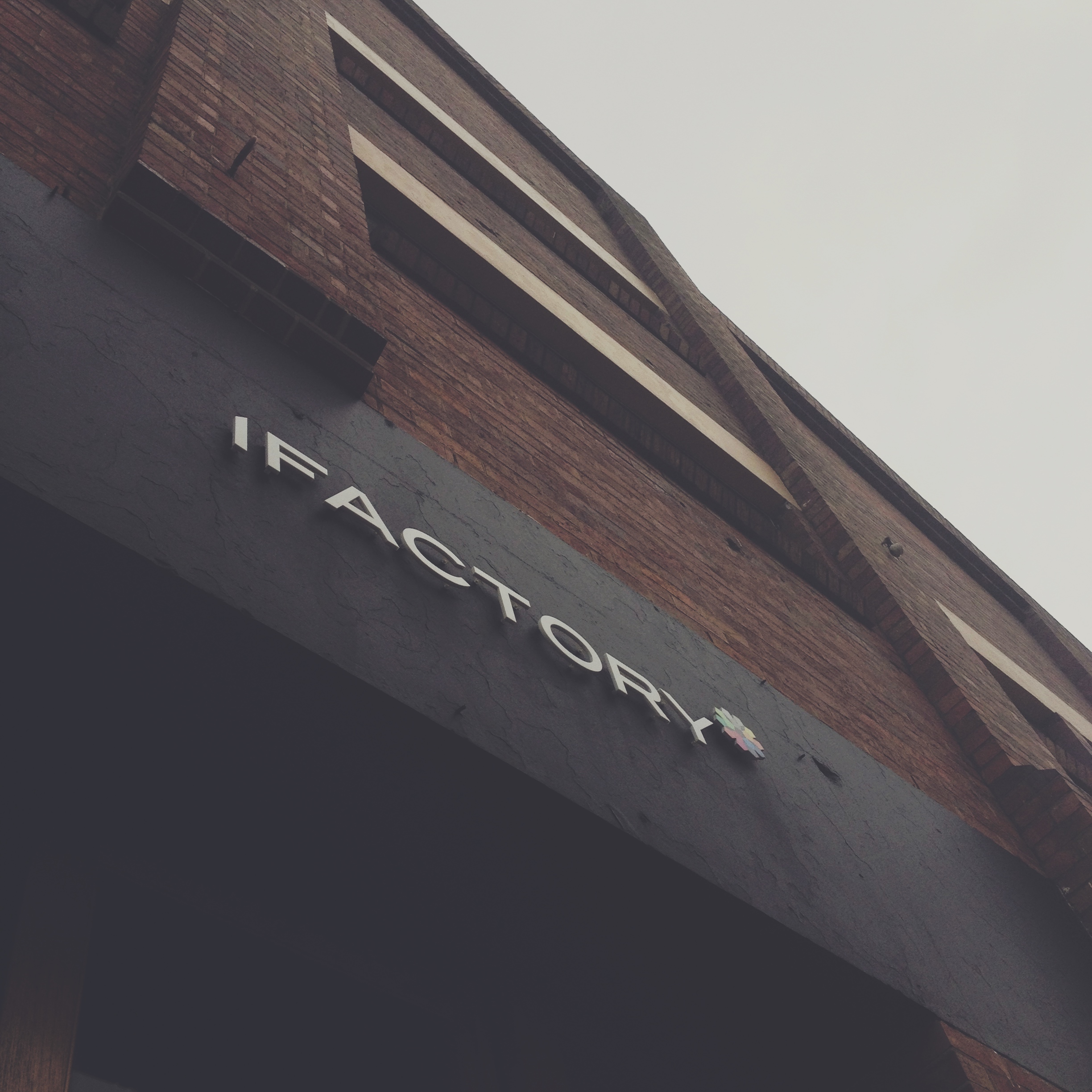What are hashtags, and why should you use them?
Millions of social media users now use hashtags on a regular basis: prefixing a word, phrase or abbreviation with a # sign to tag messages that refer to a particular topic. A hashtag renders a message searchable and linkable, making it perfect for use in a wide variety of different contexts.
While they were commonly used in IRC before Twitter even existed, the first ever Twitter hashtag is credited to social technology expert Chris Messina, who used the hashtag #barcamp in 2007. The purpose? To collate all discussions relating to BarCamp, an international network of user-generated unconferences primarily focused around technology and the web.
Now, hashtags are used across a wide range of social networks to mark topics or keywords in a particular post. It’s not just Twitter where they’re popular: you’ll also find hashtags on Instagram, Google+, Facebook, Pinterest and a wide range of other social networking services in between.
Hashtags are used in a very wide variety of different ways – all of which are designed to organise conversations in a clickable and searchable way. Some social networking site users will use hashtags to signal that a post is related to a particular event, such as a conference or festival, and other users can search this hashtag to find news about the occasion. Others will use them to signal breaking news on a particular topic (such as hashtag #MH17 for stories of the Malaysian Airlines flight brought down in July 2014), with these hashtags often being used by journalists and media sources to gain more information to use in reports.
The hashtag has also been adopted to tag posts about topics that may be of interest to others (e.g. #design, #socialmedia), so that people with an interest in these topics can find out what other people are saying. Hashtags are also used by a number of television shows to allow live commentary and discussion from the public at the time when the show is being aired.
Brands can also use hashtags in a number of different ways. Some brands will use them when running competitions, as a way of tracking competition entries. They will ask entrants to post using a hashtag specific to the competition (so we could run one using #WinWithiFactory, for example) – which will not only help to track entrants, but will get the brand name out there even more. Others will use hashtags for regular posts, such as Sprout’s #sproutlings hashtag, used for their Instagram competitions and shout out to fans.
Whatever you use hashtags for, just be sure of the etiquette. Don’t overuse hashtags – any more than two in one post on most channels, and you’ll be accused of spamming. It may seem like a lot to take in if you’re new to hashtags, but once you’ve started, you’ll realise what a useful tool they can be.
Not sure about doing it yourself? We can help. If you’re looking for a digital agency in Brisbane iFactory are perfectly placed to help you with your digital marketing, digital strategy and more. We specialise in maximising your online presence to help you to grow your audience and engage with your customers. Contact us today to find out more.

